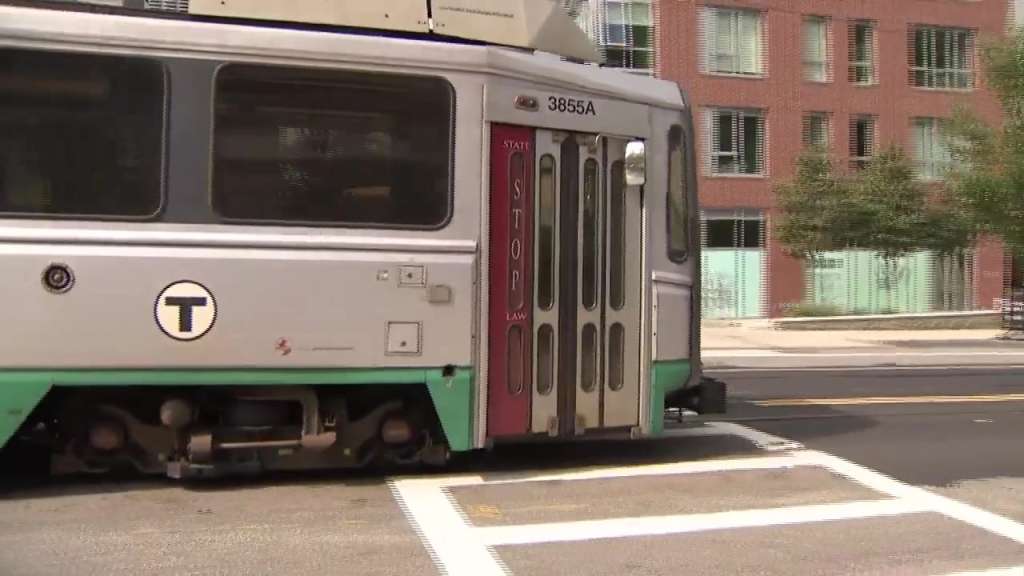Most above-ground trolley service will be replaced by buses on the Green Line’s B Branch for a total of seven weeks between mid-April and June, the MBTA announced Wednesday.
Trolleys will not run between the Kenmore and Washington Street stops from April 17 to May 9 and then again from May 17 to June 13, a major shutdown as crews work to consolidate four stations into two. During those spans, crews will work 24/7 and shuttle buses will run along the affected stretch all day and night.
The springtime project will hit as Boston looks to emerge from the pandemic and the service disruptions will hit along the Commonwealth Avenue Corridor, affecting the Boston University and Boston College areas, travelers heading to Fenway Park, and the neighborhoods of Allston and Brighton.
Trolley service is scheduled to run during the day from May 10 to May 12, replaced by shuttles after 8:45 p.m., and then trolley services is set to resume regular day and night hours between May 13 and May 16. Boston University, whose campus is home to almost all of the affected stops, is planning an in-person commencement on May 16.
The $29 million project will build two brand-new stations: one at Amory Street, replacing the existing St. Paul Street and BU West stops, and another at Babcock Street replacing the current Babcock and Pleasant Street stations.
New stations will include 225-foot platforms able to accommodate the newest Type 10 Green Line cars, and they will also feature accessible walkways and new communications and safety systems, the T said.
“With safety as our first priority, our shuttle plan includes measures that promote physical distancing, and face coverings are required on shuttle buses and throughout the T system,” MBTA General Manager Steve Poftak said in a statement. “We know these shutdowns can be inconvenient, and we appreciate our customers’ understanding as we accomplish this important work on a faster timeline that allows us to deliver improvements more quickly.”
T ridership has been significantly depressed during the pandemic. Average weekday Green Line trips hovered below 30 percent of pre-pandemic levels in late February, though demand in May and June could change as vaccine rollouts continue.
The MBTA has embraced a new strategy over the past year-plus to take entire stretches of the subway or trolley system out of service for a continuous period of time, which officials say allows for faster maintenance compared to a more traditional model of doing work only on nights and weekends.
(Copyright (c) 2024 State House News Service.

